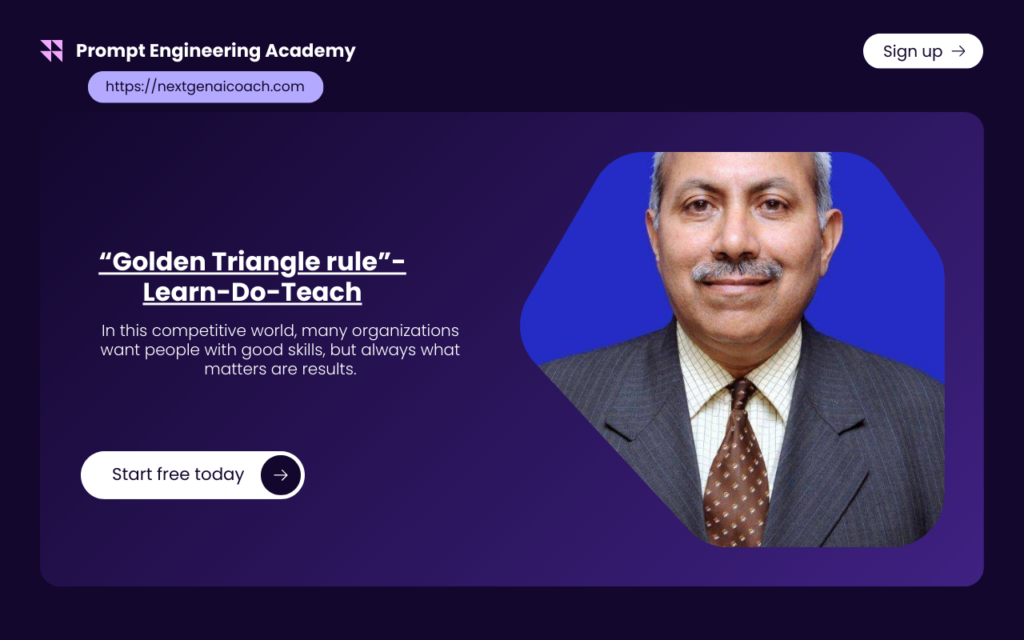 Union Public Services Commission Civil Services
Union Public Services Commission Civil Services
Stage 1: UPSC CSE Prelims Exam Pattern
| Civils Exam Pattern – Prelims |
| Paper | Type | No. of questions | UPSC Total Marks | Duration | Negative marks |
| General Studies I | Objective | 100 | 200 | 2 hours | Yes |
| General Studies II (CSAT) | Objective | 80 | 200 | 2 hours | Yes |
| Total UPSC marks for Prelims | 400 (where GS Paper II is qualifying in nature with minimum qualifying marks fixed at 33%) |
Stage 2: UPSC CSE Mains Exam Pattern
| UPSC CSE Exam Pattern – Mains |
| Paper | Subject | Duration | IAS Total marks |
| Paper A | Compulsory Indian language | 3 hours | 300 |
| Paper B | English | 3 hours | 300 |
| Paper I | Essay | 3 hours | 250 |
| Paper II | General Studies I | 3 hours | 250 |
| Paper III | General Studies II | 3 hours | 250 |
| Paper IV | General Studies III | 3 hours | 250 |
| Paper V | General Studies IV | 3 hours | 250 |
| Paper VI | Optional I | 3 hours | 250 |
| Paper VII | Optional II | 3 hours | 250 |
Stage 3: UPSC CSE Pattern for Interview
| UPSC Interview Total Marks | 275 |
Previous Year Question Papers
Year: 2023
Year: 2022
Year: 2021
Year: 2020
Year: 2019
Past Years Question Papers Civil Services (Main) Exams
Year: 2023
English Compulsory
Hindi Compulsory
Year: 2022
English (Compulsory)
Hindi (Compulsory)
Year: 2021
English (Compulsory)
Hindi(Compulsory)
Year: 2020
English Compulsory
Hindi Compulsory
Year: 2019
English Compulsory
Hindi Compulsory
Optional Subjects
Literature Paper
Compulsory Subjects
Click on Explore for channels and on Further for Playlists of various UPSC Exams
